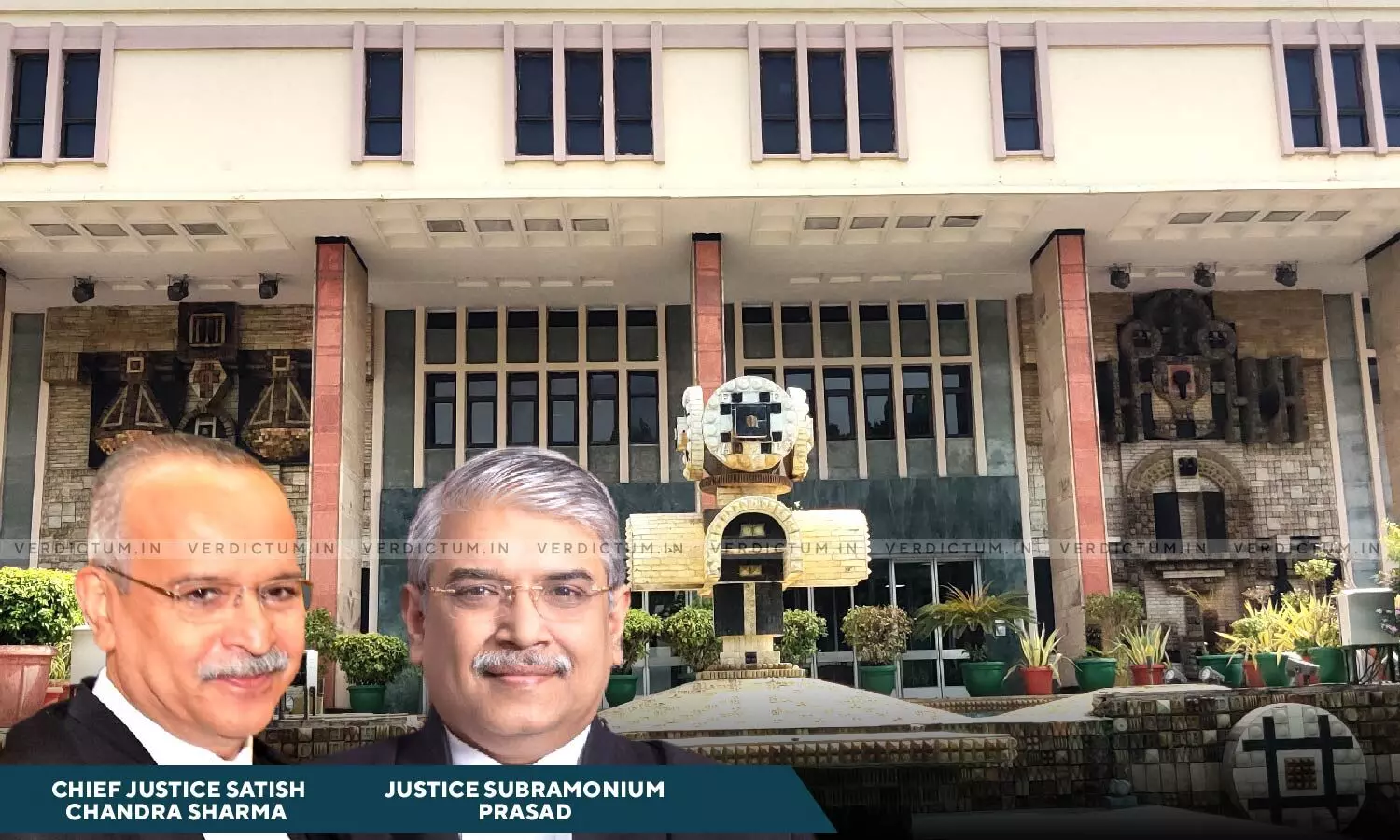
Courts Cannot Delve Into Appropriateness Of Such Policy Decisions: Delhi HC While Dismissing Pleas Against Agnipath Scheme
 |
|The Delhi High Court dismissed a batch of pleas challenging the Centre's Agnipath scheme for recruitment in the armed forces while observing that Courts cannot and should not delve into the appropriateness of such policy decisions.
The Court noted that the issue, i.e. the recruitment of soldiers in the Armed Forces, qualifies as one falling under the ambit of national security and that the Court does not interfere with policy decisions pertaining to national security in normal course, as the Court is not best placed to take such decisions.
“Policy decisions with regard to national security are taken after careful consideration of the socio-political scenario of the country, along with the socio-political scenario of the border countries. Further, a measured analysis is undertaken when it comes to application of schemes propounded by other countries to the conditions in India. The Courts cannot and should not delve into the appropriateness of such policy decisions…”, Chief Justice Satish Chandra Sharma and Justice Subramonium Prasad held.
The Court reiterated that policy decisions, particularly those which have wide-ranging implications on the nation’s health and security, should be decided by bodies best suited to do so.
Advocate Kumud Lata Das appeared for the petitioners whereas ASG Aishwarya Bhati appeared for Respondents.
The Court was dealing with pleas challenging the validity of the Agnipath Scheme and with the grievances of the Petitioners that the Impugned Scheme has taken away their rights insofar as they have participated in the recruitment process and many of them have been shortlisted but have not been appointed due to the Scheme.
The Court observed that a perusal of material on record showed that the scheme is a well-thought-out policy decision by the Government.
The Court noted that the four years training period would also instil a sense of nationalism in these personnel that would more or less prompt them to use their skills and focus on the development of the country.
The Court added that such advantages cannot be overlooked and dislodged on the basis of the apprehension that after four years such individuals may be unemployed or the mere apprehension that they may take to illegal or unethical activities, after being trained in the Army.
“A Scheme such as the one impugned herein will not only help in the personal development of the individuals who are recruited at a young age, but it will also equip the youth of the country with necessary skills that can aid them to secure better paying opportunities in fields to which they are specifically suited.”, the Court observed.
The Court observed that the government upon considering the opinions of experts bodies, defence personnel, and carefully studying the models adopted by other nations, decided to replace the prior mode of recruitment with the recruitment envisaged by the Agnipath Scheme.
The Court held that the objective of the Government is neither discriminatory nor mala fide, or arbitrary.
The Court also noted that the stated objective of the scheme is to reduce the age of the Armed Forces, the Court held that this will make the forces leaner, agile and will be greatly beneficial for border security.
“We have extensively gone through the Agnipath Scheme, and can conclusively state that this Scheme was made in national interest, to ensure that the Armed Forces are better equipped. Due to this, this Court finds that the Petitioners have no vested right to claim that the recruitment under the 2019 Notification and CEE Examination needs to be completed. Furthermore, both promissory estoppel and legitimate expectation cannot be applied in the instant case to force the Government to complete the recruitment keeping in mind larger public interest.”, the Court noted.
The Agnipath scheme, unveiled on June 14, 2022, lays out rules for the recruitment of youths in the armed forces. According to these rules, those between 17-and-a-half and 21 years of age are eligible to apply and they would be inducted for a four-year tenure. The scheme allows 25 percent of them to be granted regular service subsequently.
After the scheme was unveiled, protests erupted in several states against the scheme. Later, the government extended the upper age limit to 23 years for recruitment in 2022.
Earlier, the Supreme Court had transferred a batch of petitions challenging and seeking direction regarding the Agnipath Recruitment Scheme to the Delhi High Court. The Court has also directed that all the matters that have been filed in the different High Courts of the country may also be transferred to the Delhi High Court. A batch of petitions was filed in the Supreme Court challenging the Agnipath Scheme of the Central Government and raising various concerns about the radical recruitment plan of the Armed Forces under the scheme. The announcement of the scheme led to nationwide violent protests due to the short-term tenure of the Agniveers and the future uncertainties after the tenure was over.
Cause Title- Harsh Ajay Singh v. Union of India & Ors (Neutral Citation Number: 2023/DHC/001414)
Click here to read/download judgment